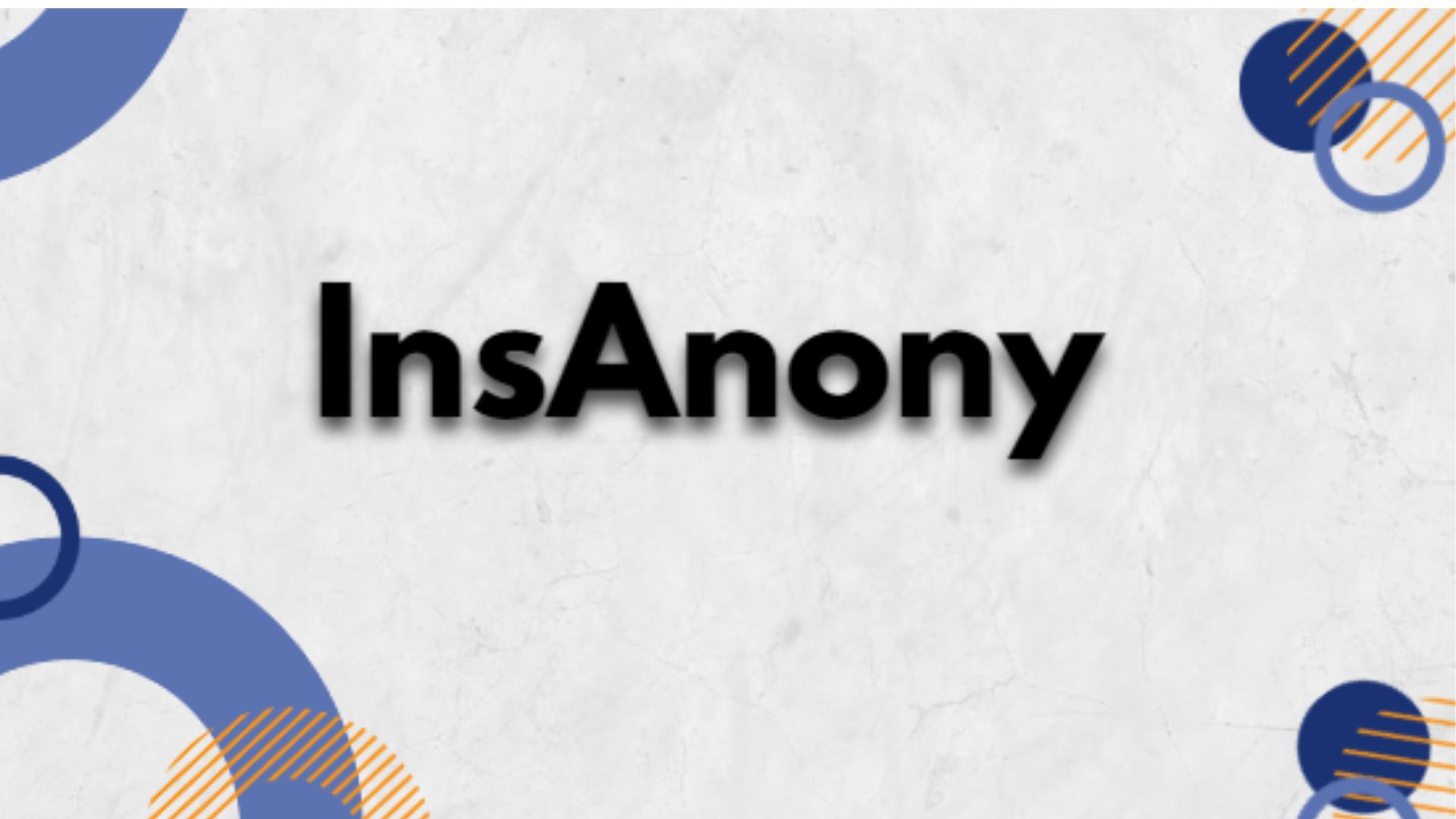The tension among intellectual fitness and the justice system regularly ignites debates about wherein to draw the road between insanony and accountability. This article explores the distinction, specializing in how society determines whether to maintain people liable for their moves or recognize them as incapable due to mental infection.
Understanding Insanity: A Legal and Psychological Perspective
Defining Insanity in Legal Terms
Legal systems outline madness with the aid of assessing whether or not a defendant knows the nature and effects of their movements. Courts regularly use the M’Naghten Rule, which asks if the accused knew their actions were wrong when committing the crime. If they didn’t, the court can also deem them legally insane.
The Role of Mental Health Professionals
Mental fitness experts evaluate a defendant’s mental state to decide whether a severe mental disease prompted their movements. Psychologists and psychiatrists provide crucial insights that assist courts determine if mental infection impaired the defendant’s judgment and decision-making.
Accountability: A Pillar of Justice
The Importance of Personal Responsibility
Accountability serves as a fundamental pillar of justice. It guarantees individuals face the outcomes in their movements, keeping social order and upholding the rule of regulation. The justice gadget assumes that people have the intellectual ability to differentiate proper from incorrect and act consequently.
Balancing Justice and Compassion
While accountability is vital, the justice system acknowledges that no longer each person has the same stage of cognitive and emotional control. Courts need to balance the want for justice with compassion for the ones suffering from mental illness, identifying whether punishment or treatment is the precise reaction.
The Gray Area: When Insanony and Accountability Overlap
Cases That Challenge the Boundaries
Certain cases blur the line between madness and duty. Individuals with persona problems or intermittent psychosis may revel in moments of readability amid their illness, complicating the determination of their culpability.
The Role of Mitigating Factors
Sometimes, a person’s intellectual kingdom doesn’t absolutely absolve them of responsibility but may serve as a mitigating factor at some point of sentencing. This technique recognizes intellectual contamination’s affect while nevertheless upholding the principle of duty.
Societal Implications and Ethical Considerations
Public Perception and Stigma
Public perception substantially impacts the discussion round madness and responsibility. Society regularly fears the release of dangerous people because of insanity defenses, sparking debates approximately safety and fairness.
Ethical Dilemmas in the Justice System
The justice gadget faces ethical challenges in protective both the rights of the mentally unwell and society’s protection. Striking the right balance between remedy and punishment calls for cautious attention of each case’s precise instances.
Conclusion: Drawing the Line
Drawing the line between insanony and accountability includes know-how felony and mental ideas. Courts determine an character’s intellectual nation and don’t forget the wider implications for justice and society. As our information of mental fitness evolves, our technique to these issues have to also adapt, making sure equity, compassion, and clarity in each case.




